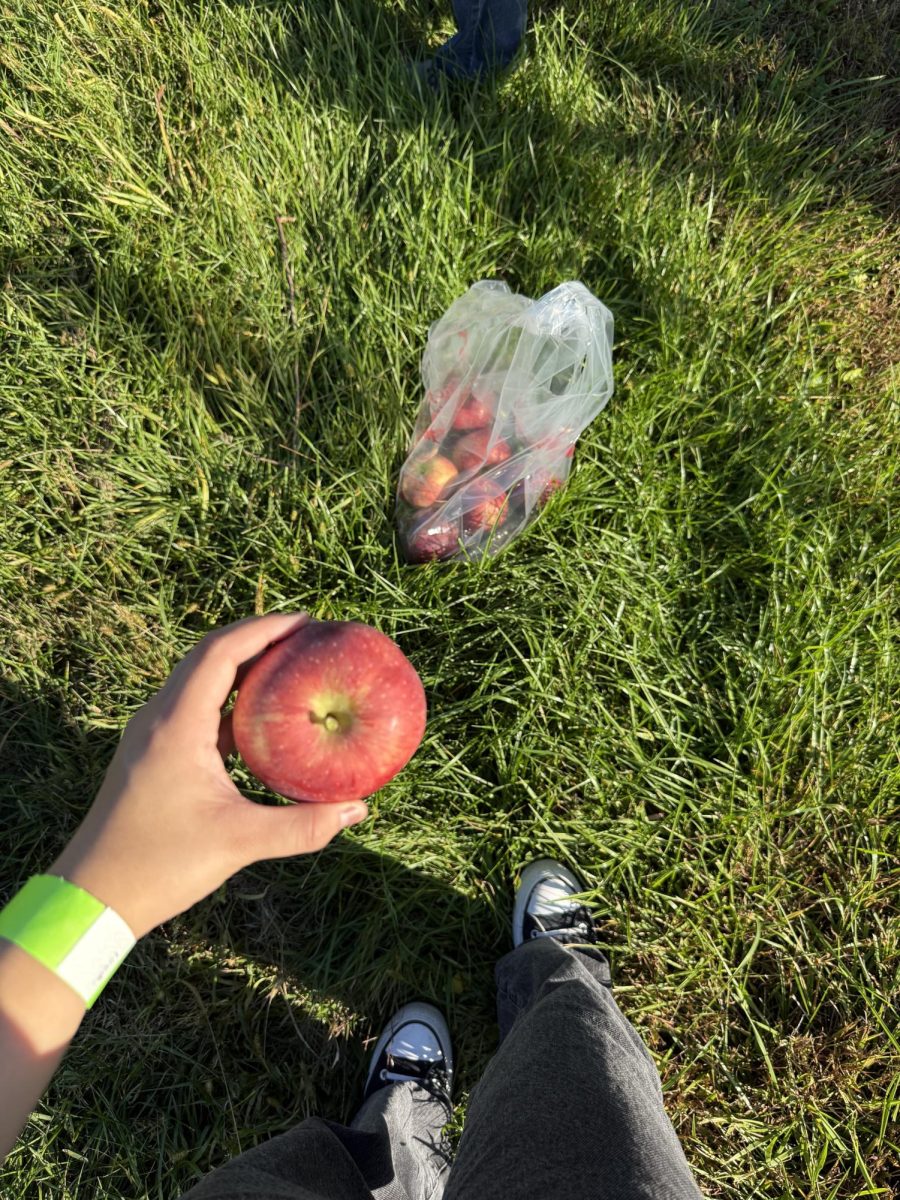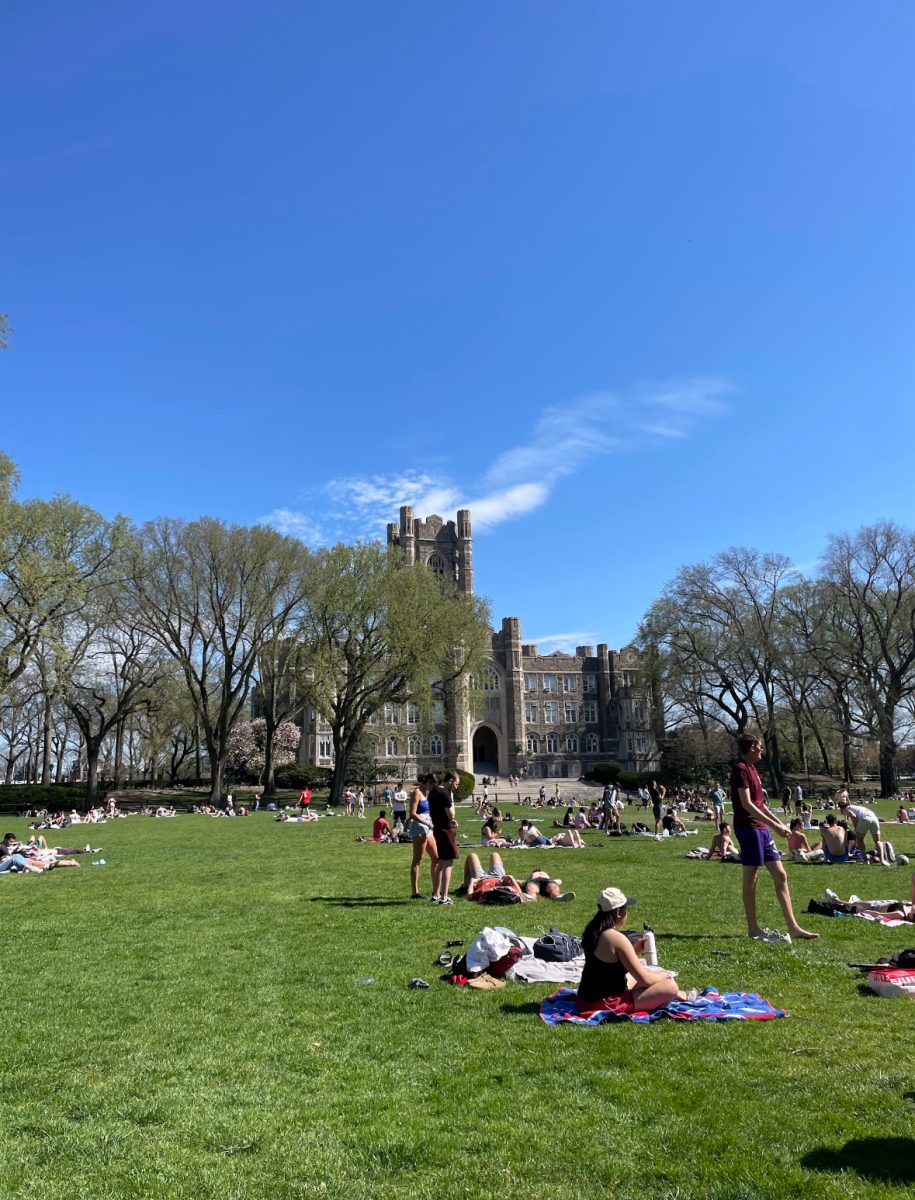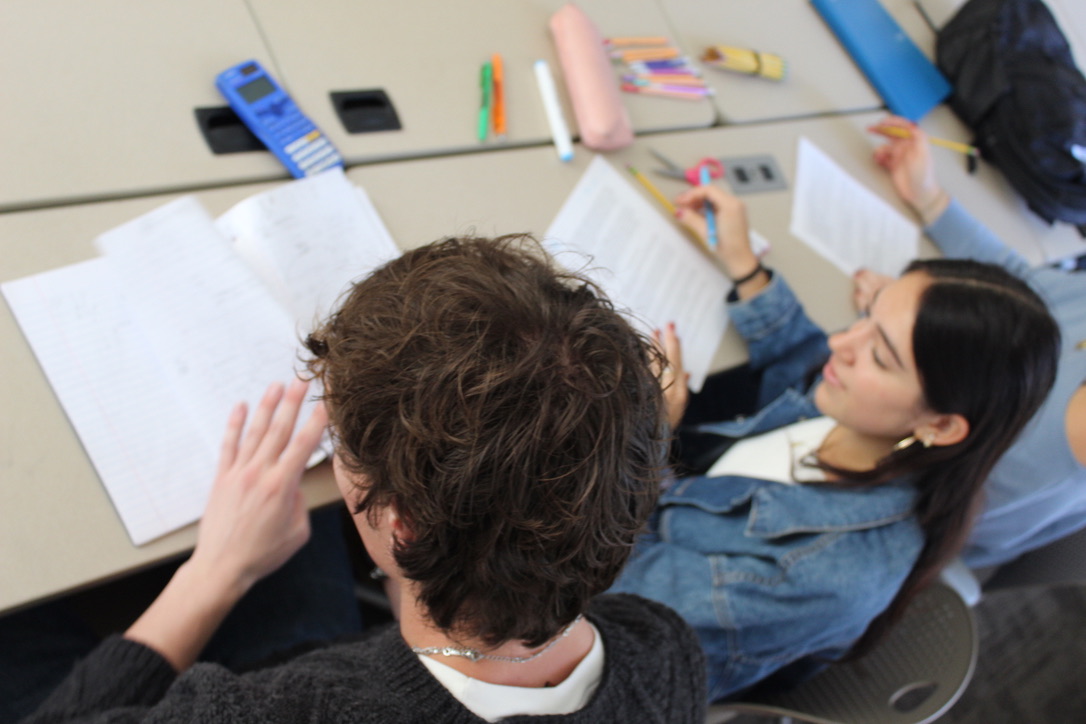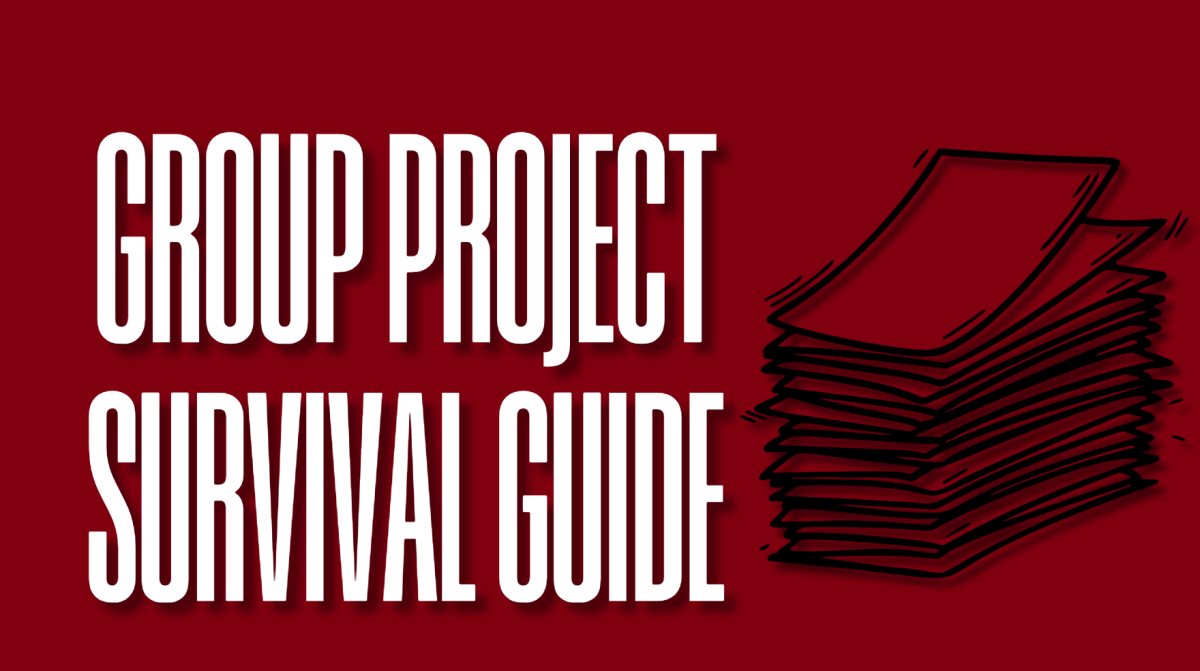Everyone knows that starting college is a mix of excitement and anxiety. From the chaos of move-in to the endless icebreakers at orientation, it can feel like you’ve been thrown into a completely new world overnight. The first year of college is often the first real test of independence as you balance classes, friendships and sleep (or lack thereof) and figure out who you are in the process. For many, it’s stressful to walk onto campus and not know anyone, while for others, it’s just as challenging to form a better version of themselves knowing too many faces. Either way, everyone is trying to figure themselves out and manage everything without burning out, which at times can feel impossible. But let’s remember, everyone was a first-year once, and who better to hear some advice from than those who’ve already been through it? Returning students have the wisdom, hacks and survival tips that can make the transition smoother. Here is some of their best advice to help every first-year student not just survive, but thrive in college.
First off, what everyone doesn’t want to think about when they start college: the academics. Where are your classes, who are the best professors and how to avoid getting stuck with an 8:30 a.m. class in Faculty Memorial Hall (FMH)? It’s a battle of perfecting the class schedule and making time for everything else. Gunnar Smith, GSB ’26, says one of the best things to do to get ahead in academics is “introduce yourself to your professors after class early in the semester and add something unique about yourself that they can remember.” Building that connection can pay off later when you need an extension on an assignment, or a recommendation letter. Without it, most professors won’t remember you and may be less willing to help.
Moving on to what everyone wonders about the second it finally hits that they are at college: the social and community aspects. The overwhelming feelings of how to make friends, how to use the meal plan and how to make the most out of the first year. Adjusting to a new campus is all about putting yourself out there. Cristina Stefanizzi, FCRH ’27, shared, “Spend the least amount of time in your room as possible in the first few weeks … join clubs, sit in lounges, talk to people in line — it’s the best way to make friends and make Fordham feel more like home.”
College life also gets a lot easier when you know the little tricks. Adam Abdel-Razek, FCRH ’28, keeps it simple: “Use Grubhub, spend your dining dollars, make friends with people on your floor.” Dining halls can get packed at peak hours, so try going at off-peak times or using meal swipes at other places, such as Urban Kitchen, Così or Dagger John’s when you can.
Of course, thriving in college isn’t just about academics and friendships; it’s also about taking care of yourself. Wellness often gets overlooked, but it’s what makes everything else possible. Sleep is usually the first thing to go, yet it’s the foundation for focus, mood and overall health. Eating well matters too, even when dining halls and late-night Pugsley Pizza become tempting. Balance is key: grab fruits, veggies and protein when you can.
Mental health is just as important. College can bring stress, loneliness or homesickness, which are all normal. Staying busy, building connections and relying on a support system can help, but so can utilizing campus resources such as the Counseling and Psychological Services (CPS). Exercise also works wonders for stress relief, whether through the gym, intramurals or even just a walk across campus. And don’t underestimate the power of small habits: journaling, meditating or setting aside time to recharge can make it feel more manageable.
Whether feeling on top of the world or nervous about starting college, independence comes with its ups and downs. Everyone gets homesickness, stress or doubt at some point, but the combination of academics, community and wellness helps make the transition smoother.
As a final reminder: no one has everything figured out in their first year, and that’s okay. College is about exploration, growth and learning what works best for you, both inside and outside the classroom. The advice shared here can help you get started, but ultimately, your journey is your own. Lean on these tips, stay open to new experiences and trust that you’ll find your own path forward.
















































































































































































































